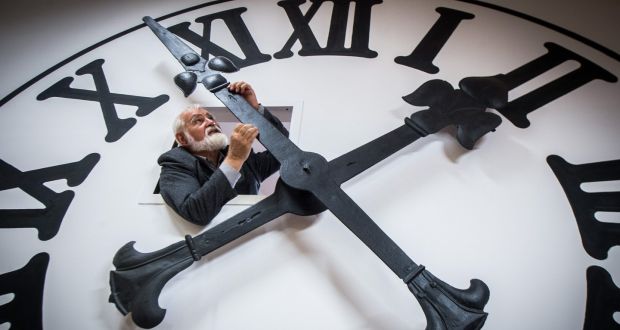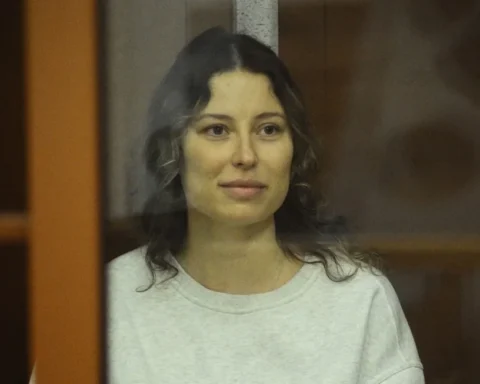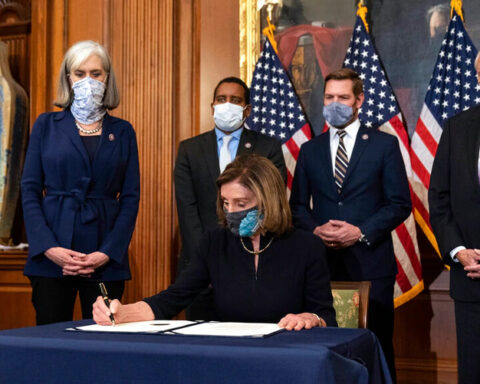That means the sun will set at 5:02 p.m. in Bel Air.
Nov. 1 is the earliest date possible for the end of daylight saving time, which officially occurs at 2 a.m. during normal sleeping hours.
The coronavirus pandemic has reinvigorated the argument that Congress should make the switch back to standard time permanent. Mental health experts warn that pandemic restrictions and job loss already are metaphorically plunging America into darkness — a mental health disaster unseen in our lifetimes.
In a mid-July KFF Tacking Poll, 53 percent U.S. adults said their mental health had been negatively affected due to worry and stress over the pandemic, a jump of more than 20 points from March, when the national mental health advocacy nonprofit added the question to polling.
The poll revealed some other mental health red flags: 36 percent had difficulty sleeping; 32 percent had difficulty eating; 12 percent increased their use of alcohol or drugs; and 12 percent said chronic conditions had worsened due to worry and stress over the coronavirus.
Winter depression is real, even without a pandemic. The days will continue to get shorter as we move toward the winter solstice on Dec. 21; and falling back to standard time makes the change more abrupt, triggering for many seasonal affective disorder, or SAD, a type of depression that occurs during the late fall and early winter. The exact cause of SAD isn’t known, but research suggests limited sunlight is a reason, and the symptoms usually dissipate as the days grow longer and daylight saving time returns the first Sunday in March.
“SAD is not a minor condition, but because people typically experience it only during certain months, they don’t see it as a serious issue. However, it is imperative to treat,” Dr. Paolo Cassano, a psychiatrist who specializes in low-level-light therapy at Harvard-affiliated Massachusetts General Hospital, told Harvard Health Publishing.
The pandemic has energized a movement to make daylight saving time permanent. Several states have passed legislation to do away with the twice-a-year time switch, but these laws can’t take effect until there’s change in the federal statute. The 13 states where legislatures have approved bills favoring year-round DST are Arkansas, Delaware, Florida, Georgia, Idaho, Louisiana, Maine, Oregon, South Carolina, Tennessee, Utah, Washington and Wyoming.
In Maryland, a bill failed in the General Assembly that would have altered standard time to Eastern Standard Time.
California’s voters authorized year-round DST in 2018, but action on the referendum is still pending in their state Legislature.
Florida Senators Rick Scott and Marco Rubio say the practice of “falling back” as Daylight Saving Time (DST) is an antiquated process that should come to an end.
Most recently, in September, Rubio and Scott introduced legislation that would keep the United States on DST through November 7, 2021. The bill failed but if it had been enacted it would have prevented the United States from “falling back” to Standard Time, and Americans would have avoided changing clocks in March 2021 when the United States typically springs forward to DST. Rubio and Scott introduced the bill in an effort to provide one year of stability for families who are already dealing with enough change with virtual learning, work from home, and other disruptions due to the COVID-19 pandemic.
n March 2019, Rubio re-introduced the Sunshine Protection Act, legislation that would make DST permanent across the country, excluding Arizona and Hawaii. The bill reflects the Florida legislature’s 2018 enactment of year-round DST; however, for Florida’s change to apply, a change in the federal statute is required. More than 10 other states, including Delaware, Louisiana, Maine, Oregon, South Carolina, Tennessee, Utah, Washington, Arkansas, Alabama, and Wyoming, have passed similar laws, and dozens more are considering. In 2018, California voters overwhelmingly passed a proposition to authorize the state legislature to move to permanent DST.
“After months of uncertainty and staying indoors amid the coronavirus pandemic, all of us could use a little more consistency and sunshine,” Scott said. “I was proud to join Senator Rubio to introduce legislation that would keep Daylight Saving Time year-round, and I hope our colleagues join us to pass this common-sense bill.”
“As families across the nation prepare for yet another disruption to their daily routines this weekend, I want to remind Americans that we have another option — to stay on Daylight Saving Time,” Rubio said. “More daylight in the after school hours is critical to helping families and children endure this challenging school year. Studies have shown many benefits of a year-round Daylight Saving Time, and 7 in 10 Americans don’t want to change their clocks. I urge my colleagues to work with me to make this Sunday the last time our country ‘falls back’.”






